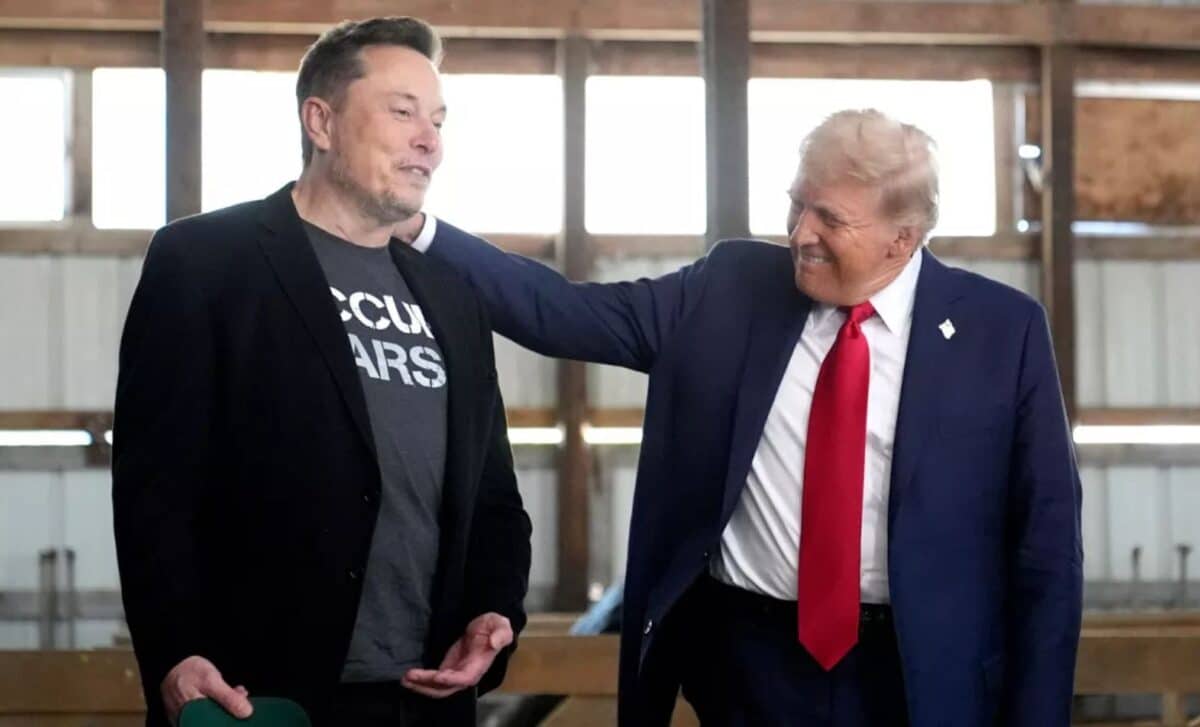The US government is set for a major financial overhaul as Donald Trump signs an executive order expanding the power of Elon Musk’s efficiency program, known as the department of government efficiency (Doge).
The order mandates a centralized payment system to track and justify federal spending on contracts, grants, and loans, with transparency as a key objective. The move is part of a broader effort to reduce the federal workforce and streamline government operations.
Agencies will now be required to submit monthly reports on spending, excluding law enforcement, the military, and national security activities. The changes are expected to lead to significant job cuts and restructuring across multiple government departments.
Centralized Spending Oversight and Transparency
The new executive order calls for a systematic transformation of federal spending by requiring agencies to establish a centralized platform to monitor financial transactions. According to the order, this system aims to ensure that government expenditure is transparent and that federal employees are held accountable for public funds.
Under these new rules, every agency’s Doge team lead must submit detailed monthly reports covering all contracting activities, payment justifications, and travel expenses. The initiative will be overseen by Musk’s team, which has been tasked with ensuring greater efficiency in government spending.
While the order introduces strict financial oversight, it also includes exemptions. Law enforcement, military, immigration, and national security-related activities will not be subject to the same reporting requirements. This selective approach suggests that the administration is prioritizing bureaucratic cost-cutting while maintaining critical operational functions.
Workforce Reductions and Government Restructuring
Beyond financial monitoring, the executive order aligns with the Trump administration’s ongoing efforts to shrink the federal workforce. According to the Office of Management and Budget (OMB), agency leaders have until 13 March to draft plans for large-scale staff reductions.
The administration has already begun dismissing probationary employees who lack civil service protections. Trump also announced that the Environmental Protection Agency (EPA) is preparing to cut 65% of its workforce, with additional reductions expected at the Labour Department and the Social Security Administration.
Musk acknowledged that the rapid downsizing of government operations had led to unintended consequences, including the accidental cancellation of an Ebola-prevention initiative.
While he insisted that the program was reinstated without disruption, a US Agency for International Development (USAID) official disputed this claim, stating that funding remains frozen following Trump’s foreign aid suspension.
The General Services Administration (GSA) has been given 60 days to develop a plan for selling off surplus government real estate, marking another step in the administration’s restructuring efforts.
Additionally, the order imposes an immediate 30-day freeze on government-issued credit cards, with exceptions granted only for disaster relief or essential services.
The initiative represents one of the most significant shifts in federal financial management in recent history. With Musk’s cost-cutting program at the center of these reforms, the White House is moving swiftly to implement its vision of a leaner, more accountable government.









